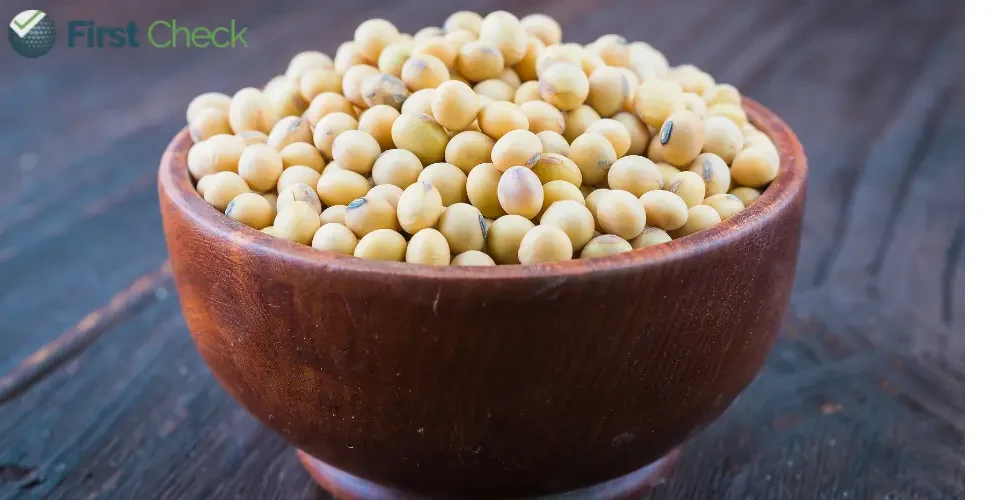FACT CHECK: Consuming soy leads to male infertility?
Author
Author
- admin / 1 year

- 0
- 2 min read

Author
CLAIM:
Use of soy protein, as a body-building supplement or otherwise among men, could lead to infertility.
FACT:
Current data doesn’t show a link between consuming soy within recommended dietary limits, and male infertility.
Body-building diet is a frequent topic of conversation in the locker rooms of gyms with focus on calories consumed, and more importantly around one’s daily protein intake. Despite common knowledge about soy as a vegetarian source of protein, men, especially male gym-goers, are extremely reluctant to adopt it as a part of their diet. The reason: a popular belief that soy intake could lead to infertility.
Soy has been linked to loss of libido and erectile dysfunction in men.
— healthbot (@thehealthb0t) June 29, 2024
So, here are the facts:
What is soy?
Soy is a type of legume that is native to East Asia and cultivated for its edible bean termed soybean. It can be consumed in boiled form such as edamame, the immature soybean or as Tofu, a fermented soy drink among some others. Soy is also used to produce ingredients such as soy flour and soy sauce.
What are the main ingredients of Soy?
Soy contains soy protein (40%), oil (20%), and isoflavones (compounds that resemble the female hormone estrogen). Other valuable components found in soybean include phospholipids, vitamins, and minerals.
Why is soy falsely associated with infertility among men?
Soy being a source of isoflavones, also known as phytoestrogens, mimics the effect of the estrogen, which most people associate with the female hormones. In reality both men and women secrete estrogen. Among men the proportion is lower than that among women.
Only one case involving a 19-year-old male with a history of type-1 diabetes reported a decrease in levels of testosterone, complete loss of libido, and erectile dysfunction after consuming 360mg soy everyday, for a year, 14 times the daily intake recommended by the Food and Drug Administration (FDA).
What does medical evidence say?
There is no causal link between soy intake and feminization, infertility or impotence among men, although. A study carried out in 2008, however, did point to an inverse relation between ingesting soy and sperm quality among men. With just 99 participants, the results of the study, therefore, cannot be extrapolated to a much bigger population.
Also read: Fact-check: No scientific evidence to prove Shatavari can cure infertility









